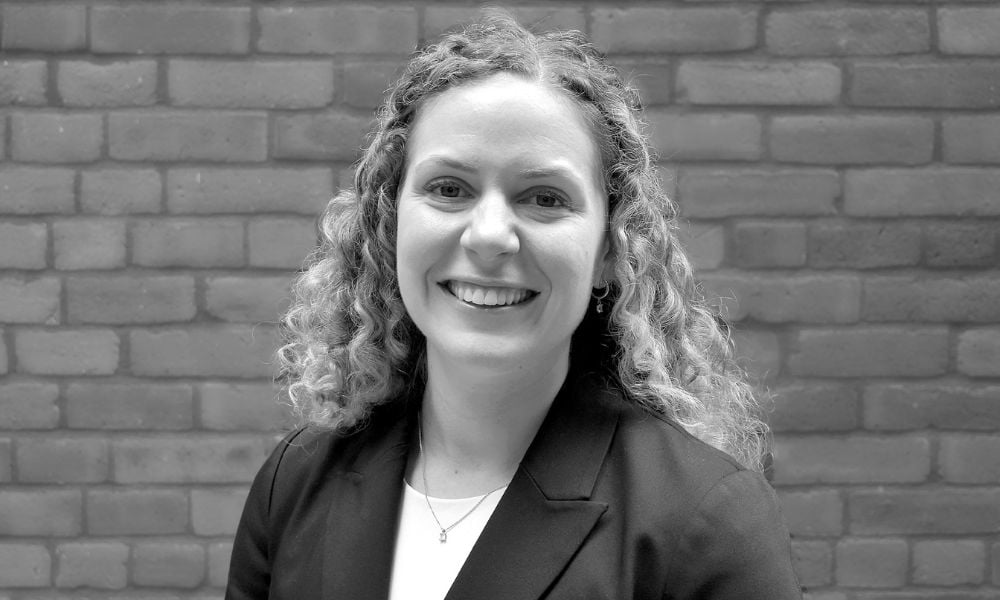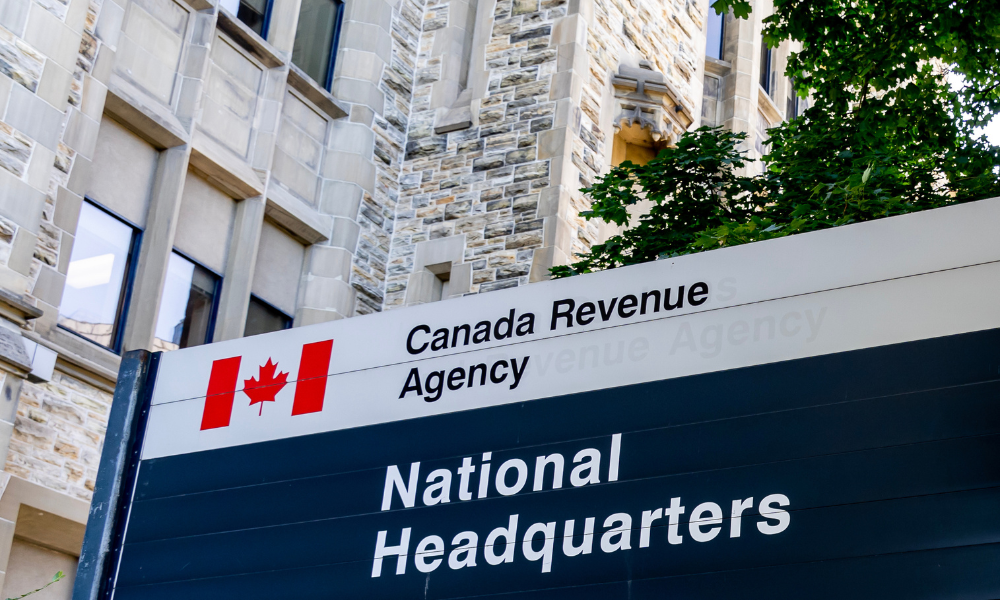Orders 'balanced the risks posed by unvaccinated healthcare workers and the rights of those who eschewed the vaccine for religious reasons'

The British Columbia Supreme Court has upheld the COVID-19 vaccination mandate issued by Provincial Health Officer (PHO) Dr. Bonnie Henry which continues to be in effect today.
With this, the 15 petitioners – included in three separate petitions – who lost their jobs for not complying with the mandate will not be getting their jobs back any time soon.
B.C. Supreme Court Justice Simon Coval dismissed the petitions, with an exception.
The petitioners challenged the reasonableness of the orders on four main grounds. They claimed that:
- By October 2023, COVID-19 was no longer “an immediate and significant risk” to public health in British Columbia, and therefore the statutory preconditions for the continued use of the PHO’s emergency powers no longer applied.
- The scientific record no longer indicated that unvaccinated healthcare workers posed any greater risk to vulnerable patients, or the healthcare system generally, than vaccinated workers.
- Petitioners who worked remotely or held purely administrative positions argue that their inclusion in the orders was unreasonable, given their lack of contact with vulnerable patients or the frontline healthcare workers who care for them.
- Some petitioners challenge the Orders on constitutional grounds under the Canadian Charter of Rights and Freedoms. They argue that, by forcing them to choose between adherence to their fundamental religious and personal beliefs about vaccination, or keeping their jobs in their chosen professions, the Orders infringed their s. 2(a) right to freedom of conscience and religion, and their s. 7 right to liberty and security of the person.
Henry first imposed the vaccination orders on all workers in B.C. health-care settings in October 2021. The order was renewed in 2022 and 2023, and remains in place across B.C., noted CBC.
Approximately 1,800 healthcare workers lost their jobs due to being unvaccinated contrary to these mandates, according to Coval’s decision.
An employer’s mandatory vaccination policy was not a policy that changed the terms and conditions of employment for its workforce sufficiently to require 60 days’ notice under the BC Labour Relations Code, the BC Supreme Court previously ruled.
Decision on COVID-19 vaccination mandates
“I find that the Orders did not engage their rights to liberty or security of the person. The Orders did not compel them to accept unwanted medical treatment, and so did not interfere with their bodily integrity or medical self-determination,” said Coval.
Also, the B.C. Supreme Court justice found that the PHO’s orders “reasonably balanced the risks posed by unvaccinated healthcare workers and the s. 2(a) rights of those who eschewed the vaccine for religious reasons.”
The orders were also justified in preventing unvaccinated workers from working at the healthcare setting even though they argue their religious rights were impaired by the orders.
“I find the Orders were not overbroad in precluding the unvaccinated religious petitioners from working in the designated healthcare settings while the Orders remain in place,” she said.
“Conclusion (c) explains that, from a public health perspective, the Orders are broad by necessity, because it is essential to maintain the high level of vaccination currently in place in the hospital and community care workforce. I have found this Conclusion reasonably supported by the evidence in the record.”
Meanwhile, Coval sent one aspect of the case back for the PHO to potentially reconsider her order.
“I find the [petitioners] have demonstrated that there remains a lack of justification for not including a reconsideration process for remote and purely administrative workers, as a less drastic means of achieving the PHO’s objectives, particularly given the heightened burden of justification because what is at stake is the loss of a person’s job as a healthcare professional.”
An Ontario hospital was not entitled to fire two employees who refused to comply with its vaccination policy during the pandemic, an arbitrator recently ruled.




